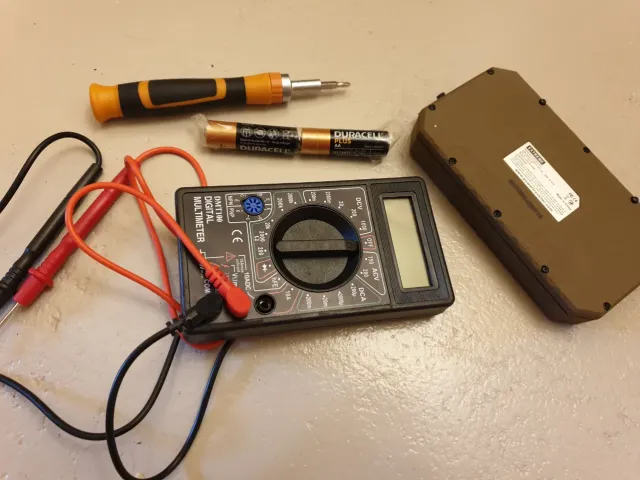power meter
A power meter is a crucial instrument used to measure the electrical power consumption of various devices and systems. It provides real-time data on the amount of power being used, enabling consumers, businesses, and utilities to monitor and manage their energy usage more effectively. Power meters are employed in a wide range of applications, from residential homes and commercial buildings to industrial facilities and utility networks. Their importance has grown significantly in the context of increasing energy costs, the need for energy efficiency, and the push towards sustainability.
One of the primary functions of a power meter is to measure the power consumption of electrical devices and systems. By providing accurate and real-time data, power meters allow users to understand their energy usage patterns. This information is essential for identifying areas where energy can be conserved and for implementing measures to reduce overall consumption. For homeowners, this might mean identifying high-energy-consuming appliances and adjusting their usage to save on electricity bills. In commercial and industrial settings, power meters can help in optimizing operations, reducing waste, and improving overall energy efficiency.
Modern power meters come equipped with advanced features that enhance their functionality and usability. Many models now include digital displays, remote monitoring capabilities, and data logging functions. These features allow users to track their energy usage over time, set consumption targets, and receive alerts when usage exceeds predefined thresholds. Some power meters also offer integration with smart home systems and Internet of Things (IoT) devices, enabling automated control of appliances and more efficient energy management.
The role of power meters extends beyond individual users to utility companies and energy providers. Utilities use power meters to monitor and manage the distribution of electricity across their networks. This helps in balancing supply and demand, reducing losses, and ensuring reliable service to customers. Advanced metering infrastructure (AMI), which includes smart meters and communication networks, has transformed how utilities operate, providing detailed insights into consumption patterns and enabling dynamic pricing models. These advancements support the development of smart grids, which enhance the efficiency, reliability, and sustainability of power systems.
Despite their numerous benefits, the deployment of power meters, particularly smart meters, has faced challenges. Concerns over privacy, data security, and the initial costs of installation have been significant barriers. However, the long-term benefits of improved energy management, cost savings, and environmental impact often outweigh these concerns. Additionally, regulatory policies and incentives have been implemented in many regions to encourage the adoption of smart metering technologies.
In conclusion, power meters are indispensable tools in the modern energy landscape. They provide essential data that empowers users to make informed decisions about their energy usage, contributing to cost savings and environmental sustainability. As technology continues to evolve, power meters are likely to become even more sophisticated, offering greater accuracy, connectivity, and functionality. This will further enhance their role in promoting energy efficiency and supporting the transition to a more sustainable energy future.

